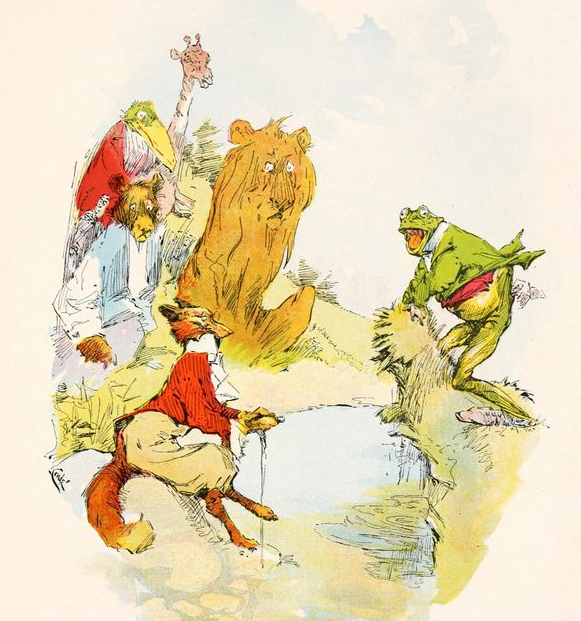Here are today's vocabulary words; it's Group 94. Click on the word to learn more at Logeion:
μισέω ~ μίσομαι ~ ἐμισήθην: hate
γίγνομαι ~ γενήσομαι ~ ἐγενόμην: be, become, happen
ἐθέλω ~ ἐθελήσω ~ ἠθέλησα: be willing, wish
ἐπισκοπέω ~ ἐπισκέψομαι ~ ἐπεσκόπησα: look upon, consider
These are the proverbs (and there are always
more proverbs at the blog):
Ἔριν μίσει.
Δίδοτε, καὶ δοθήσεται ὑμῖν.
Ἐν νυκτὶ βουλὴ τοῖς σοφοῖσι γίγνεται.
Οἶνος ἄνωγε γέροντα καὶ οὐκ ἐθέλοντα χορεύειν.
Τὸν ὑψόθεν σκοπὸν ἐπισκόπει, φύλακα πολυπόνων.
And now, some commentary:
Ἔριν μίσει.
Hate strife.
Don't let μίσει fool you: that's the imperative form of an -εω contract verb! From the Greek root μίσ- we get English words like misanthrope and misogyny. Meanwhile, for more about strife personified as a goddess, Ἔρις, see
Wikipedia: Eris.
Δίδοτε, καὶ δοθήσεται ὑμῖν.
Give, and it will be given to you.
The words are from the
Gospel of Luke. The verse is sometimes translated into English as "Give, and you will receive." It appears in the so-called "Sermon on the Plain," and you can find out more at
Wikipedia.
Ἐν νυκτὶ βουλὴ τοῖς σοφοῖσι γίγνεται.
Council comes to the wise at night.
This saying is also used in a shortened form: Ἐν νυκτὶ βουλὴ. Compare the English saying: "Sleep on it." This is one of the monostichs (one-liners) of Menander; here is the iambic meter marked:
Ἐν νυκ|τὶ βου||λὴ τοῖς | σοφοῖ||σι γίγ|νεται.
Οἶνος ἄνωγε γέροντα καὶ οὐκ ἐθέλοντα χορεύειν.
Wine has made the old man dance, even if he doesn't want to.
The saying is quoted in
Athenaeus's Deipnosophistae. Note that καὶ here is not a conjunction but is instead being used adverbially. This portion of Athenaeus is full of proverbial sayings and memorable quotes about drinking and drunkenness; you can find an
English translation here.
Τὸν ὑψόθεν σκοπὸν ἐπισκόπει, φύλακα πολυπόνων.
Consider the one who watches from on high, the protector of long-suffering people.
The words are from
Aeschylus's Suppliant Women. The chorus of Danaids is speaking to King Pelasgus, invoking Zeus as they urge him to help them; Zeus is the one who watches from on high. Like μίσει above, ἐπισκόπει is the imperative form of a contract verb.

And here's a random proverb too:






.jpg)
.jpg)

.png)



